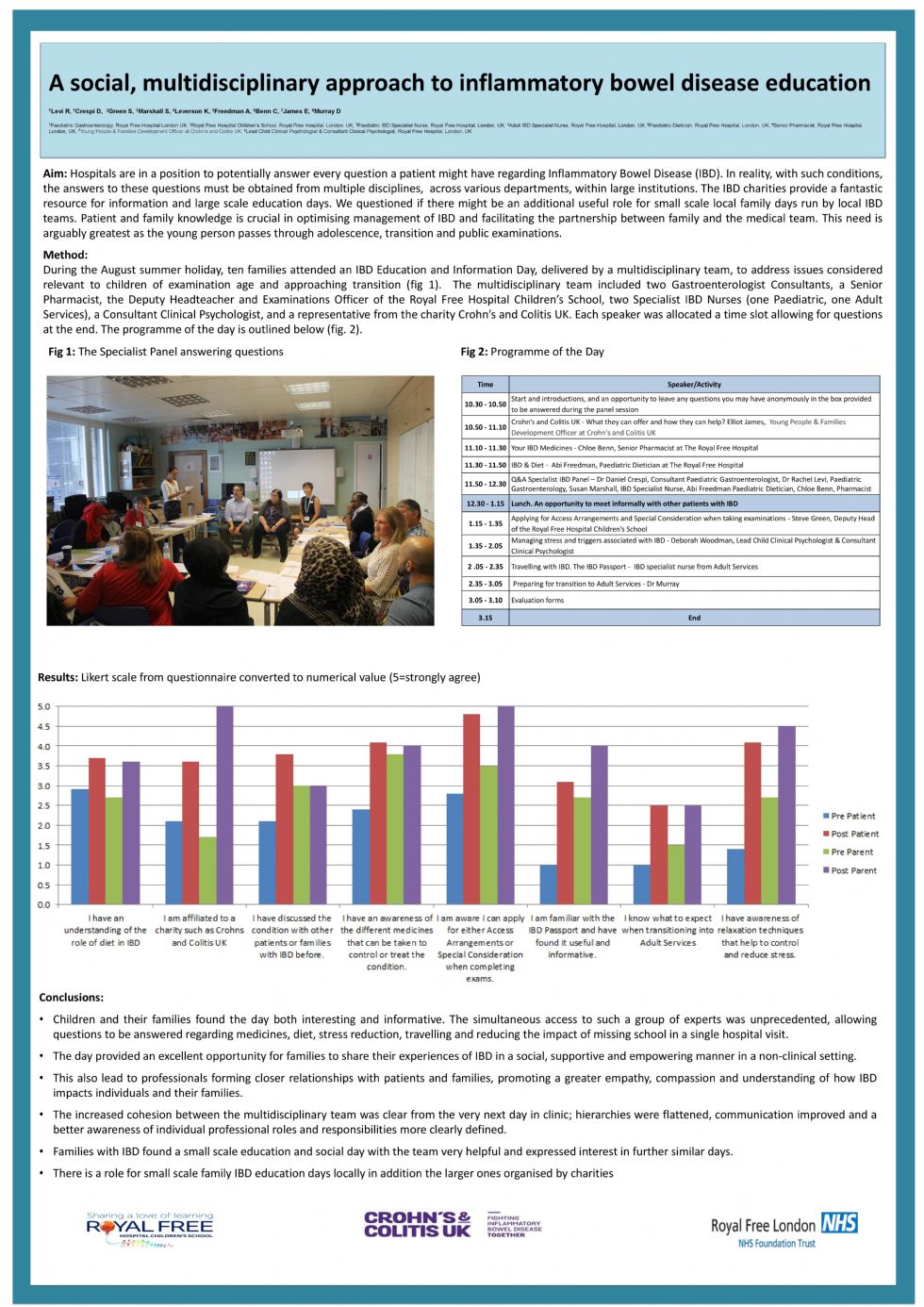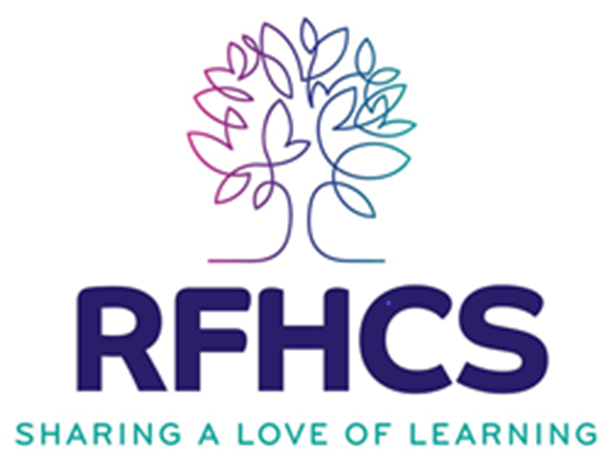Pupil Premium
"The school has used additional funding for disadvantaged pupils to provide extra individual tuition and to provide opportunities to visit and work at the Kentish Town City Farm. The pupils greatly enjoy these experiences, and their attitudes to school and their consequent achievement have benefited as a result."
OFSTED 2015
The Pupil Premium is provided by Central Government; it is allocated to schools to work with pupils who have been registered for free school meals, or who have been looked after continuously for more than six months. RFHCS is allocated a small amount by the local authority based on the previous January's census return.
Qualification for Pupil Premium/FSM is not an accurate indicator/identifier of number of learners who are disadvantaged by circumstance at RFHCS. Our vision goes beyond narrowing the gap between those who are economically advantaged or not.
Raise Online and Data Dashboard cannot present an accurate picture for a transient population with such varied starting points as make up the majority of the Day School at RFHCS. Given the small cohort the school struggles to have a comparative expected progress measure for children.
In 2022-23 the school had a confirmed allocation of £10005
Medical Needs Education Projects for patients and their families £4500
Lexia Literacy Suite purchase and licence £3000
Pupil Rewards Points System £3500
IMPACT
SG is now embedded as part of the Diabetes Education Team, attending monthly meetings and organising a number of diabetes observational placements for planned admissions for young people requiring addition support in controlling their diabetes. Advocating of behalf of patients with Diabetes for access arrangements and special consideration. Process was presented at South East England Parents’ Conference and film to be made of talk with Rob Julian from Digibete who attended the conference.
"The headteacher and senior leaders have developed a national reputation in hospital schooling, developing theb hospital school as a resource for supporting pupils with type 1 diabetes"
OFSTED 2019
SG is also embedded as part of the Gastro Education Team , attending monthly gastrosocial meetings and liaising with schools around access arrangements and extra time. In process of planning further education days for families and patients, with the intention to make a documentary.
The following co-authored abstracts have successfully been submitted as QI projects all arising from PP investment
• Inflammatory Bowel Disease Information Day – Royal Free School 9th July 2019 (mini conference)
• Eating Disorders Conference – Atrium Nov 12th 2019
• CICRA conference – How to ensure no child is left behind in school and examinations – Oval Nov 16th 2019 (Presentation)
• The role of the hospital school when newly diagnosed with type 1 diabetes – BSPED Nov 27th - 29th 2019 (Poster)
• Providing Support for Families of children with Eating Disorders –International Conference on Eating Disorders , Strathclyde , March 18-19th (Poster)
• The use of the hospital school as a resource for widening conversation during clinical visits – RCPCH April 28th - 30th 2020 (Poster)
• Reducing planned admissions for newly diagnosed children with T1D from 2 to 1 week – RCPCH April 28th - 30th 2020 (Poster)
• Food Allergies awareness campaign – RCPCH April 28th - 30th 2020 (Poster)
• Engaging a community around issues of mental Health – RCPCH April 28th - 30th 2020 (Presentation)
The school also uses the following factors to evaluate the impact of its Pupil Premium spend;
Attitudinal Differences
Evidence: Pupil Profile/Pupil Rewards Point Data/Case Studies/Year 11 Exit Interview/Life and Leisure Evaluations
Students respond very positively to incentives offered by the Rewards Point system. Last year two Year 11 pupils earned over 500 reward points. Eight others earned over 200.
Medical needs education days have a very positive impact. Pre and post session questionnaires showed improved knowledge in both patients and family members. All families gave written feedback which was overall extremely positive.

Academic posters for each of the 3 medical education groups are attached below.
PACE work supports access to the curriculum and enables disadvantaged pupils to have greater confidence and independence to help them engage more with the wider community and prepare for adulthood.
Attainment
Evidence: Examination Results/CATS Data/Case Studies/Pupil Profiles/Pupil Destinations
For the last 3 years 90% of all Year 11 students achieved at above or beyond their predicted grades
Lexia is a targeted resource to support many of our young - it is especially effective when deployed as a reading enhancement for pupils with disabilities or significant gaps in their education.
Parents and pupils of inpatients and daypatients involved in medical needs education groups report especially positively on information provided around special consideration and access arrangements. Evaluations show that knowledge and understanding shows an increase for both pupils and parents/carers.
Attendance Data
One of the key aims of the medical needs groups is to re-engage and support reintegration back into educational provision. Pupils and parents report back very positively on this aspect of the work (see Conference Posters)
Is the right focus being placed on areas for improvement? Is Pupil Premium appropriately targeted on areas for improvement?
Qualitative and quantative evaluation from the conference posters and projects improved motivation in targeted students and provided good value. The Reward Points System provides clear incentives and stages for marking and staging progress for outpatient pupils and still represents very good value. Progress evidenced here also tends to correlate with wider attainment.
We feel the medical needs education groups have a genuine impact on narrowing the gap for all children with medical needs including outpatients and so have been looking to continuing to develop these going forward.
We are also now looking to develop transition projects during holiday periods to support a range of pupils including those at The Hive, QMH and those under the Outreach Service.
At RFHCS the full governing body is involved in making decisions about Pupil Premium spending.
RECOVERY PREMIUM and SCHOOL LED TUTORING
For 2022/23 the school received a Recovery Premium allocation of £10,764 which it has used to purchase an additional half- day a week of Speech and Language support
The Communication Trust worked with the Better Communication Research Programme to develop the What Works database of evidenced interventions to support children’s speech, language and communication.
This is endorsed by the Royal College of Speech and Language Therapists.
For 2022/23 the school also received an allocation of £4320 for 2022/23 for School Led Tutoring which we have used for 1-1 Maths Catch Up sessions for new and current pupils to take place over holiday periods throughout the year by an allocated member of staff. Engaging with the National Tutoring Programme to provide a blend of tuition, mentoring and school-led tutoring for pupils whose education has been most impacted by the pandemic. A significant proportion of whom will be disadvantaged.
|
Tuition targeted at specific needs and knowledge gaps can be an effective method to support low attaining pupils or those falling behind, both one-to-one: One to one tuition | EEF (educationendowmentfoundation.org.uk) |
